Kate Wild is an investigative journalist whose work with distinguished teams in the ABC has been recognised with three Walkley awards and a Logie. Her reports from Darwin, where she lived from 2010 to 2016, laid the groundwork for a Four Corners story on juvenile detention that prompted the calling of a Royal Commission.
Like Elijah Holcombe, Kate grew up in country New South Wales; she now lives and works in Sydney. Waiting For Elijah is her first book.
Read our review here // purchase Waiting for Elijah here
Words || Kate Wild
I first became aware of Elijah’s story when I worked at ABC TV’s Four Corners. Quentin McDermott, a senior reporter, had noticed a spate of fatal police shootings of mentally ill people around Australia. He decided to investigate whether the trend had a deeper cause or meaning. I worked with Quentin on the story, and the most recent shooting at the time was Elijah’s, in Armidale NSW.
‘Meeting” Elijah’s father, Jeremy Holcombe over the phone (we didn’t meet in person until 3 years later) was probably the first moment of subconsciously realising Elijah’s case had the emotional and moral heft for a book.
Jeremy is a very interesting man. My impression in our first phone call was of a “self-made intellectual.” The genuine compassion he expressed for Senior Constable Andrew Rich, who had shot Elijah, was very unusual for a man in the depths of grief, particularly as Jeremy never wavered in his belief that Elijah should not have been shot. Most people in the Holcombes’ position are consumed with rage and looking for revenge. But the Holcombes were different in that respect.
Their compassion and thoughtfulness didn’t cancel out their anger at Elijah’s death, but it endured, and it never turned to hatred. The Holcombes were determined from the very beginning that the wider public should learn from Elijah’s death that we all carried some responsibility for his shooting, because Rich had acted on our behalf in making a split second decision in awful circumstances. The general public gave police that job because we didn’t want to have to make it ourselves, so we couldn’t simply scapegoat Rich and believe that our hands were clean, Jeremy said. It was a very philosophical reflection on the part society’s stigmatisation of mental illness, played in Elijah’s death.
I was seven months pregnant when Four Corners started working on the story that included Elijah’s shooting, and I left the program to have my baby just a couple of weeks before the story aired. But I stayed in touch with the Holcombes because I was drawn to how open they were about their experiences of mental illness. I had grown up in a small country town and had episodes of mental illness myself but I didn’t know anyone in my community who was willing to confess to such a ‘shameful’ vulnerability in the frank and humorous way the Holcombes did.
I suppose deep down I was already thinking about a book, but six months after our daughter was born my husband and I moved to the Northern Territory and a few months later my depression returned, and stayed for almost two years.
At first I thought I would have to give up any vague idea I’d had about a book – I had a small baby, I had clinical depression, I lived at the other end of the country from everyone involved in his story, including the courtrooms where Elijah’s case would be heard. In the end, the decision to write Elijah’s story is what helped me find a way out of my depression.
As the legal proceedings stretched over years and became more complex and Andrew Rich refused to tell the court what had happened in Cinders Lane, his silence became a compelling part of the story. It came to represent to me a broader cultural silence that exists in my experience, particularly in rural culture in Australia, where anything that might be construed as a weakness must not be spoken about or acknowledged. Mental illness has long been hidden in this silence, and the struggle to force Andrew Rich to speak became a metaphor for breaking apart this debilitating silence.
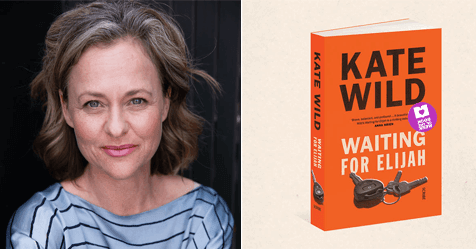
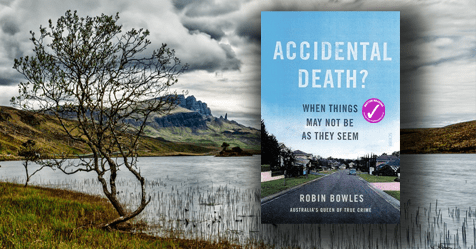
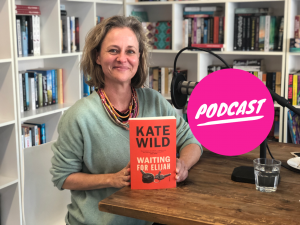
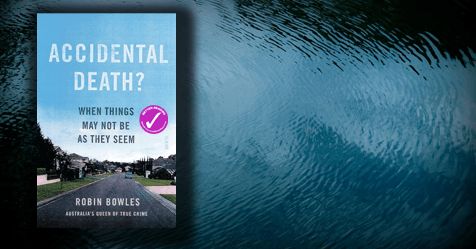
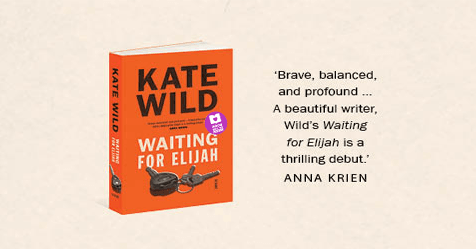
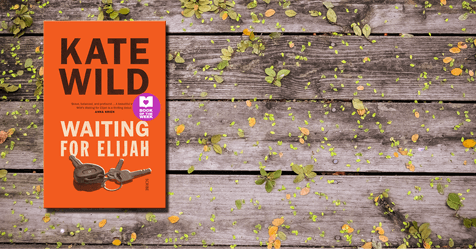
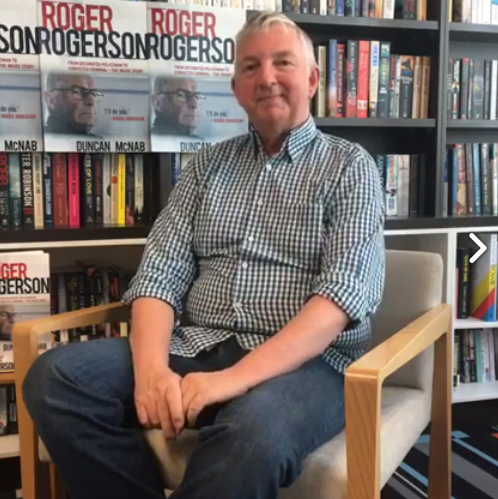
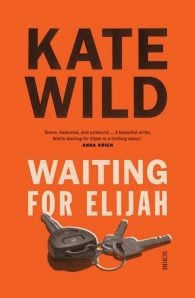

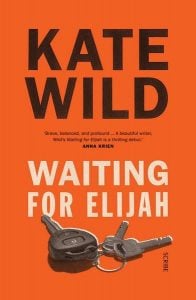
Sounds like an intruguing novel. I hope to read it one day soon.